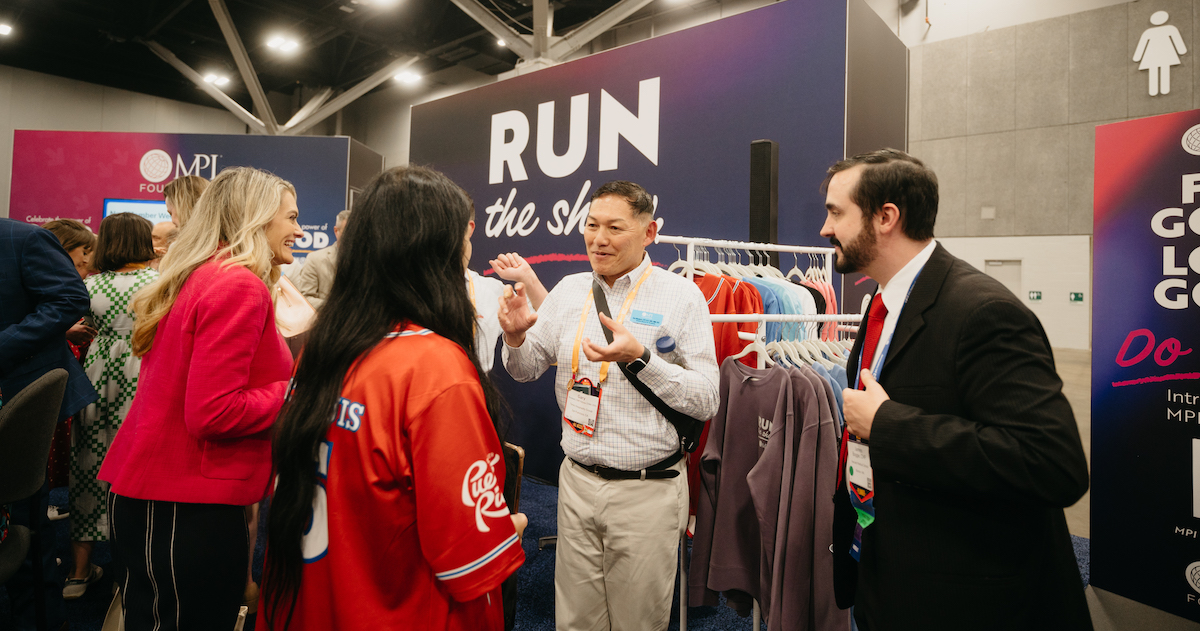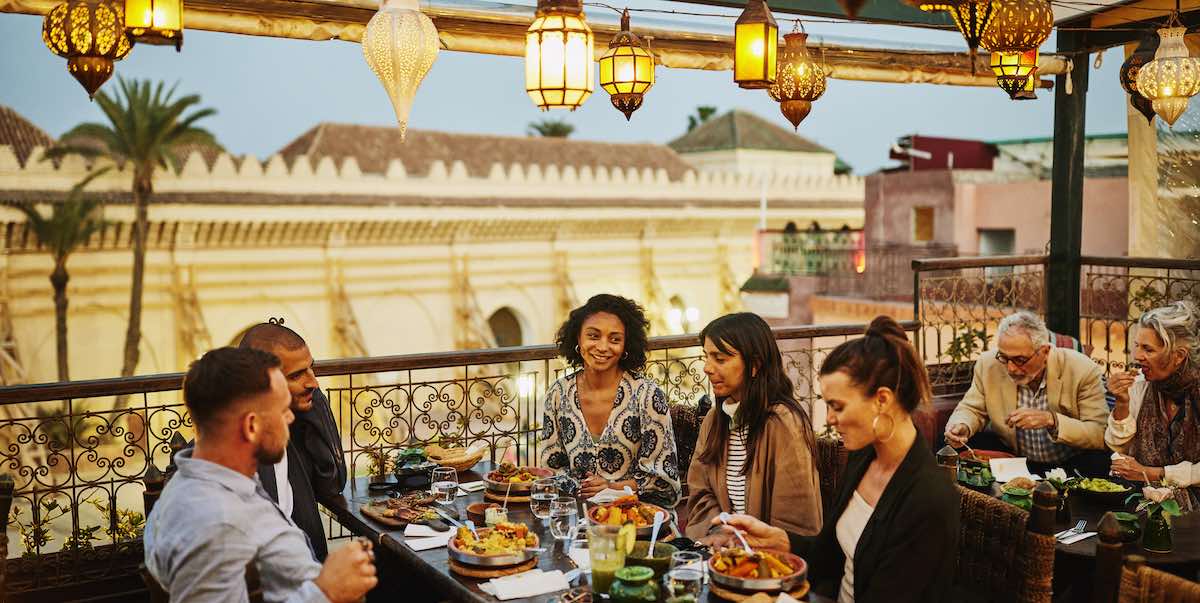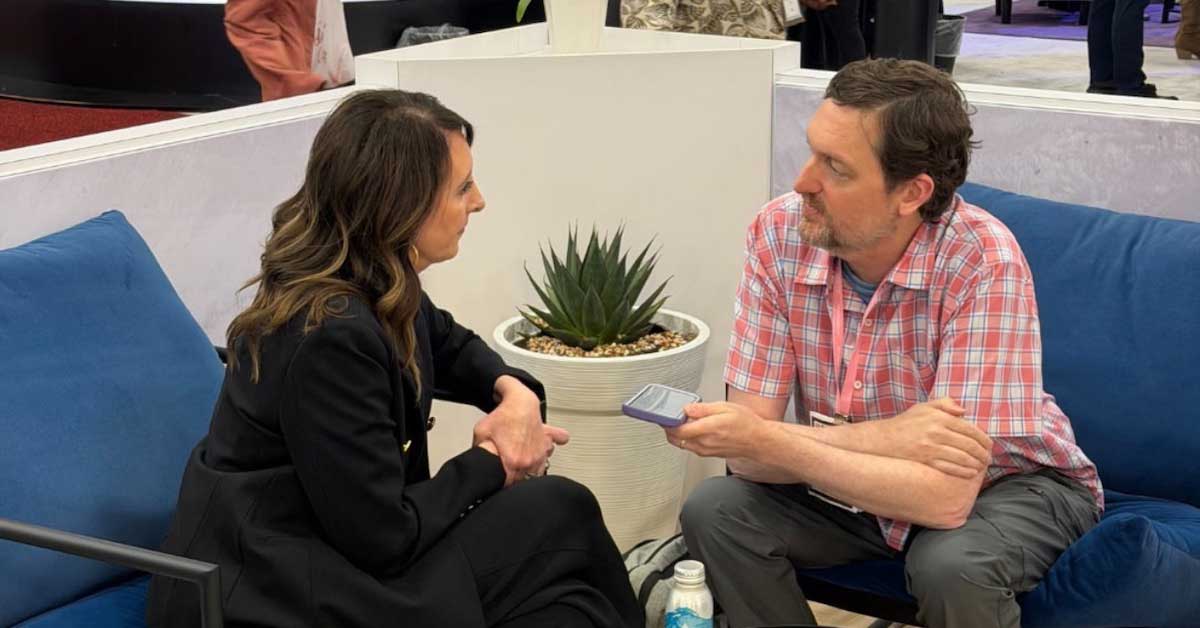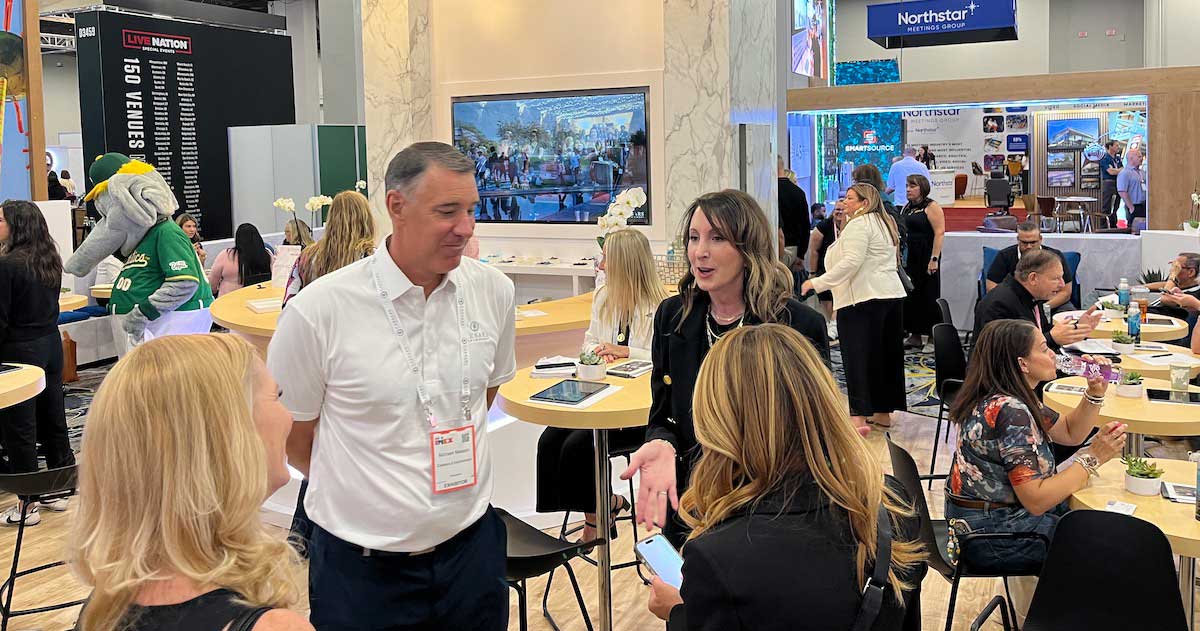“The new Group Sales Strategist course created by me for MPI will help sales teams build confidence—even through a screen,” says Ciara Feely, creator of the Steps to WIN Sales Skills Program. “I share a Conversation Frame that works beautifully in a face-to-face, phone or online meeting situation. It helps salespeople lead a high-converting client conversation. It is focused on building the emotions of trust and confidence in the sales process—a skill that was lost in the last 10 years.”
We recently spoke with Feely, who is also co-chair of community engagement and marketing for the MPI Independent & Small Business Owners community and director of community for the MPI UK & Ireland Chapter, about the future of sales.

In what way will sales be forever changed due to the impact of the pandemic?
The need to build a relationship through a screen is here to stay.
I am hoping things don’t go back to normal in terms of how sales are conducted. I saw a lot of sales departments set up according to how quickly they could “process” volume leads. Up to 90 percent of those leads were never converted. Think of the cost of that to the bottom line. There was an awful lot of pressure and stress in the sales process to get five to six proposals out every day (per person). Frustrated directors would say to me, “Ciara, my team are just on a hamster wheel, churning out generic proposals, not engaging with the client, not calling them and just sending emails.” That has to change. As an industry, we need to have higher standards than that in order to WIN future business.
What tried and true aspect of the sales process remains unchanged?
Listening, Listening, Listening. Whether that is in a face-to-face, online or phone situation.
So much has changed in the client’s world—perhaps their reasons for running an event have changed. A client must feel understood. That involves active listening. Sending an email won’t cut it. The client will try to filter people out by putting up barriers and making it hard to access them. A conversation with a buyer really needs to be earned. The ability to build trust and confidence with the client will be a big game changer and will filter out a lot of hotels and venues that don’t have the skill set to do this.
How do venues and planners need to think about the sales process differently going forward?
It is important planners think about the effect of sending the same lead to 20 hotels/venues just because the technology makes that possible. That means at least 17 sales teams’ time is being wasted. That has an adverse effect on turnaround times and cost. Sales teams will be operating on a skeleton basis for a while.
There was also an abundance of the same lead being sent to numerous agencies. They in turn were sending the same lead to numerous hotels/venues and they had to fill out different RFPs for the same business numerous times!
Group Sales Strategist program. Maximize leads, change the way you sell and WIN more business.
I’d love to see salespeople in this industry stop thinking of themselves as suppliers. They need to position themselves as partners instead of suppliers—because that is the relationship the buyer needs. It is also a lot more lucrative and avoids price discounting when they think that is what they need to do to WIN the business.
I’ve had lots of conversations with sales leaders in the last few months. This is what I am hearing.
· Each team member needs to be confident in calling the client. They need to be trained in having more strategic conversations with clients and stop hiding behind email.
· They will have a stronger emphasis on building client relationships to stay ahead of the curve.
Sales leaders are also making the following changes in the sales process.
· Creating fewer unnecessary processes: Empowering the team more instead. They had far too many system checks in place and that was an obstacle to doing business. Trust the team to make bigger decisions—without having to go through the finance, revenue or catering department to get a decision that will help close the business. Don’t make them go through 10 internal people before they can make a decision that affects the client.
· Train the team to not be afraid to use their autonomy and trust their instincts. (I used to hear this from the buyers all the time: “Ciara, tell hotels to have people answering the phone that can make a decision—not take three hours to get back to me.)
Some of these will involve making a culture change so that the sales manager won’t get into serious trouble for making a mistake.
What does a venue need to do differently in order to attract a hesitant planner in a changed environment?
Aligning their sales process to that of the decision maker’s buying process. That takes three things.
1. Having a proactive sales culture rather than a reactive one.
2. Build trust by knowing the client more, their business and what’s important to them.
3. Personalization.
And using “personalization” as a filter as to what leads they spend more time on. The more they want to WIN the lead, the more they need to have a personalized approach to it. That takes knowing the client more and uncovering their buying buttons earlier on in the sales process.
“The need to build a relationship through a screen is here to stay.”
Pre-pandemic the venue would enter the sales process much later on in the client’s decision-making process, when it was almost too late. The client had already made certain assumptions about a venue based on the research they did. If they didn’t see clearly how they would get different results by booking one venue/hotel over the other, then they would make a decision based on rate.
There are great technology advances to help with personalization in the marketing stage, but ultimately it takes knowing the client’s hot buttons. What is going to help them to buy? That comes from being able to carve out more conversations and being skilled enough to build enough trust and confidence with the client that they will tell you their hot buttons. So much will have changed in the client’s world as a result of COVID. Even existing, long-term, loyal clients need to be re-qualified.
What was interesting to observe during COVID was that once there was no RFP on the table, many salespeople didn’t know what else to talk to a client about. I call it the “dates, rates and space” conversation. However, as an industry, salespeople need to be skilled in the art of listening and leading a strategic conversation. Then, of course, they need to know what to do with the valuable information they gleamed. That is what the Group Sales Strategist course MPI is launching in April will do.
INSIGHTS FROM MPI ACADEMY DIRECTOR JESSIE STATES
MPI’s latest Meetings Outlook research shows that 90 percent of event professionals plan to host an in-person experience in 2021—and an additional 3 percent held one in Quarter 4 of last year. There are buyers—a lot of them—in the market right now for in-person event facilities, technologies and services, in addition to the historic numbers seeking out digital events platforms and support teams.
It’s never been a better time to re-evaluate sales processes with customer-centric models that start with relationships built on trust and communication. This starts with understanding a customer’s business goals and objectives, as well as their greatest meeting challenges, and then helping them imagine how your venue, technology or service can both deliver on organizational growth and solve painful problems. In the current moment, this may be frank conversations about how your product can speed recovery.
We’re thrilled to launch our new Group Sales Strategist certificate program with Ciara Feely on April 20 to help our industry’s event partners revolutionize their sales strategies and ultimately earn more business, just as the marketplace begins its great comeback. Register here for the inaugural cohort.
Photo by Dillon Shook on Unsplash







